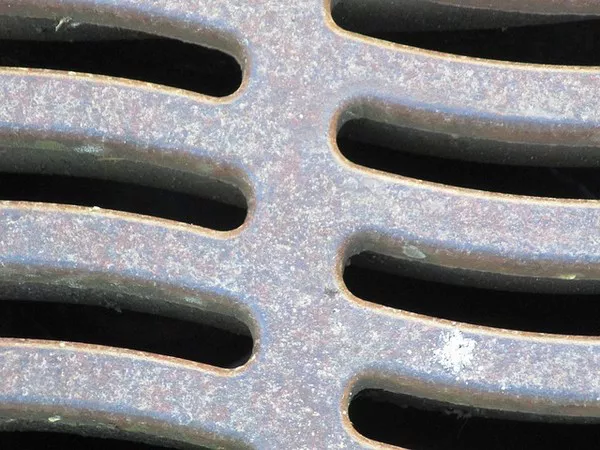A sewage smell in the bathroom can be both unpleasant and concerning. It’s important to address this issue promptly as it could indicate underlying plumbing problems or ventilation issues. In this comprehensive guide, we’ll explore the common causes of a sewage smell in the bathroom and provide effective solutions to eliminate the odor and restore a fresh and inviting atmosphere to your space.
1. Dry P-Trap
One of the most common reasons for a sewage smell in the bathroom is a dry P-trap. The P-trap is a curved pipe beneath sinks and drains that holds a small amount of water, creating a barrier that prevents sewer gases from entering your living space.
Solution: Simply run water down the drain to refill the P-trap. This will reestablish the water barrier and prevent sewage odors from escaping into the bathroom.
2. Blocked or Clogged Drains
Blocked or clogged drains can lead to stagnant water, which in turn can produce foul odors. Hair, soap scum, and debris can accumulate over time, causing drainage issues and unpleasant smells.
Solution: Use a plunger or a drain snake to clear the blockage. Regularly clean drains using a mixture of baking soda and vinegar followed by hot water to help prevent future clogs and odors.
3. Improperly Installed or Damaged Vents
Plumbing systems are equipped with vent pipes that allow sewer gases to escape outdoors. If these vents are improperly installed, damaged, or blocked, sewage odors can permeate your bathroom.
Solution: Inspect the vent pipes on your roof for any blockages, damage, or obstructions. Clear away debris and ensure the vents are in proper working condition. If needed, seek the assistance of a professional plumber.
4. Leaking Toilet Seal
The wax seal beneath your toilet can degrade over time, causing leaks and allowing sewer gases to escape into the bathroom.
Solution: Replace the wax ring seal. This involves removing the toilet, replacing the wax ring, and properly reseating the toilet. If you’re not comfortable with this task, consider hiring a plumber.
5. Inadequate Bathroom Ventilation
Proper ventilation is crucial to prevent moisture buildup and odors in the bathroom. Without adequate ventilation, dampness can create an environment conducive to the growth of mold and mildew, which can contribute to sewage-like odors.
Solution: Ensure your bathroom is equipped with a functioning exhaust fan. Run the fan during and after showers to expel excess moisture and odors. Regularly clean the exhaust fan and its cover to maintain optimal performance.
6. Broken or Cracked Sewer Pipe
A broken or cracked sewer pipe can release foul odors into your bathroom and living space. This issue requires immediate attention, as it can lead to more extensive damage if left untreated.
Solution: If you suspect a broken or cracked sewer pipe, contact a professional plumber to assess the situation and make the necessary repairs.
7. Sewer Line Backup
In some cases, a sewage smell in the bathroom could indicate a sewer line backup. This serious issue can lead to sewage backups and water damage.
Solution: If you suspect a sewer line backup, contact a professional plumber immediately. Attempting to address this issue on your own could result in further damage and contamination.
8. Unused or Infrequently Used Bathroom Fixtures
Bathroom fixtures that are rarely used, such as guest bathrooms or secondary toilets, can develop dry P-traps over time, allowing sewer odors to enter the space.
Solution: Regularly run water in unused or infrequently used sinks, showers, and toilets to maintain water barriers in the P-traps and prevent sewer odors.
9. DIY Solutions and Preventive Measures
Regular Cleaning: Clean your bathroom regularly to prevent the buildup of grime, mold, and mildew, which can contribute to odors.
Baking Soda and Vinegar: Periodically pour a mixture of baking soda and vinegar down drains to help break down debris and minimize odors.
Air Fresheners: Use natural air fresheners, such as essential oil diffusers, to keep your bathroom smelling pleasant.
Conclusion
A sewage smell in the bathroom can be a distressing issue, but with proper understanding and timely action, you can identify the cause and implement effective solutions. Whether it’s a dry P-trap, blocked drains, ventilation problems, or more serious plumbing issues, addressing the root cause is essential to eliminate the odor and ensure a fresh and comfortable bathroom environment for you and your household. If you encounter persistent or severe odor problems, it’s advisable to consult a professional plumber to diagnose and resolve the issue.

